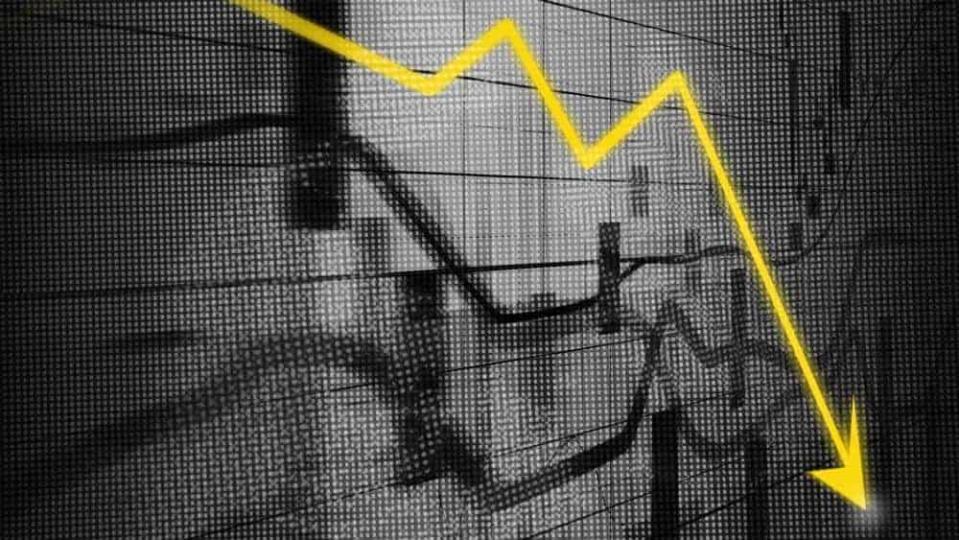WARNING: A Housing Market Crash Could Tank These 3 Canadian Stocks!

Toronto home prices rose in December, despite a decline in sales, thanks to persistent supply issues. It’s part of a decades-long trend that has seen house prices in Toronto and Vancouver soar partially due to undersupply and real estate speculation.
Last year, however, we saw a break in the trend, with a $87 billion drop in Vancouver’s housing market. Toronto’s house prices remained relatively strong, but other markets across the country saw price declines.
In early 2020, it looks like Canada’s housing market is healthy. But as last year showed, it is possible for even the largest cities to see price declines. If that were to happen on a nation-wide scale, the following three stocks would likely be hit hard.
Canadian Imperial Bank of Commerce
Canadian Imperial Bank of Commerce is one of Canada’s Big Six banks. It is largely domestic-focused, with most of its earnings coming from within Canada.
As a largely domestic-focused bank, CIBC is more exposed to the domestic housing market than most of its Big Six peers. It’s precisely there that the danger lies. When houses get cheaper, banks make less money off each mortgage loan they issue. If Canadian house prices started falling, then CIBC would be hit far harder than most Canadian banks, because it doesn’t have a very robust international presence to balance it out.
Brookfield Asset Management
Brookfield Asset Management (TSX:BAM.A)(NYSE:BAM) is a diversified Canadian investment company with significant investments in real estate.
The company’s real estate investments are carried out through its partially owned subsidiary, Brookfield Property Partners.
Brookfield’s real estate investments span Canada and the United States. Included among its properties are some residential buildings, including up to 58,000 apartments. This segment of Brookfield’s business could easily be affected by a housing market crash. But the most serious exposure the company has to the housing market is through its subsidiary, Royal LePage.
Royal LePage is a real estate brokerage firm operating nation-wide. Brokers typically make less money when house prices are low, as they charge a percentage of the home’s closing price. If a nation-wide housing crash hit Canada, this segment of Brookfield’s business would likely suffer.
Home Capital Group
Home Capital Group (TSX:HCG) is an alternative financing company that helps Canadians in difficult financial circumstances get mortgages. That might seem like a socially valuable mandate, but it puts the company at risk in the event of a housing market crash. Like all other mortgage lenders, Home Capital stands to earn less when house prices go down.
However, it has an additional factor working against it: a low credit customer base. Customers who seek financing from alternative lenders typically have low credit scores, owing to difficult financial circumstances. It’s a segment of the market that most banks won’t touch, which makes it lucrative for companies like Home Capital when times are good. However, in the event of a housing market crash brought on by broader macroeconomic weakness, Home Capital’s customers will be hit harder than most and be more likely to default.
More reading
Fool contributor Andrew Button has no position in any of the stocks mentioned. The Motley Fool owns shares of and recommends Brookfield Asset Management. The Motley Fool recommends BROOKFIELD ASSET MANAGEMENT INC. CL.A LV and Brookfield Property Partners LP.
The Motley Fool’s purpose is to help the world invest, better. Click here now for your free subscription to Take Stock, The Motley Fool Canada’s free investing newsletter. Packed with stock ideas and investing advice, it is essential reading for anyone looking to build and grow their wealth in the years ahead. Motley Fool Canada 2020

 Yahoo Finance
Yahoo Finance